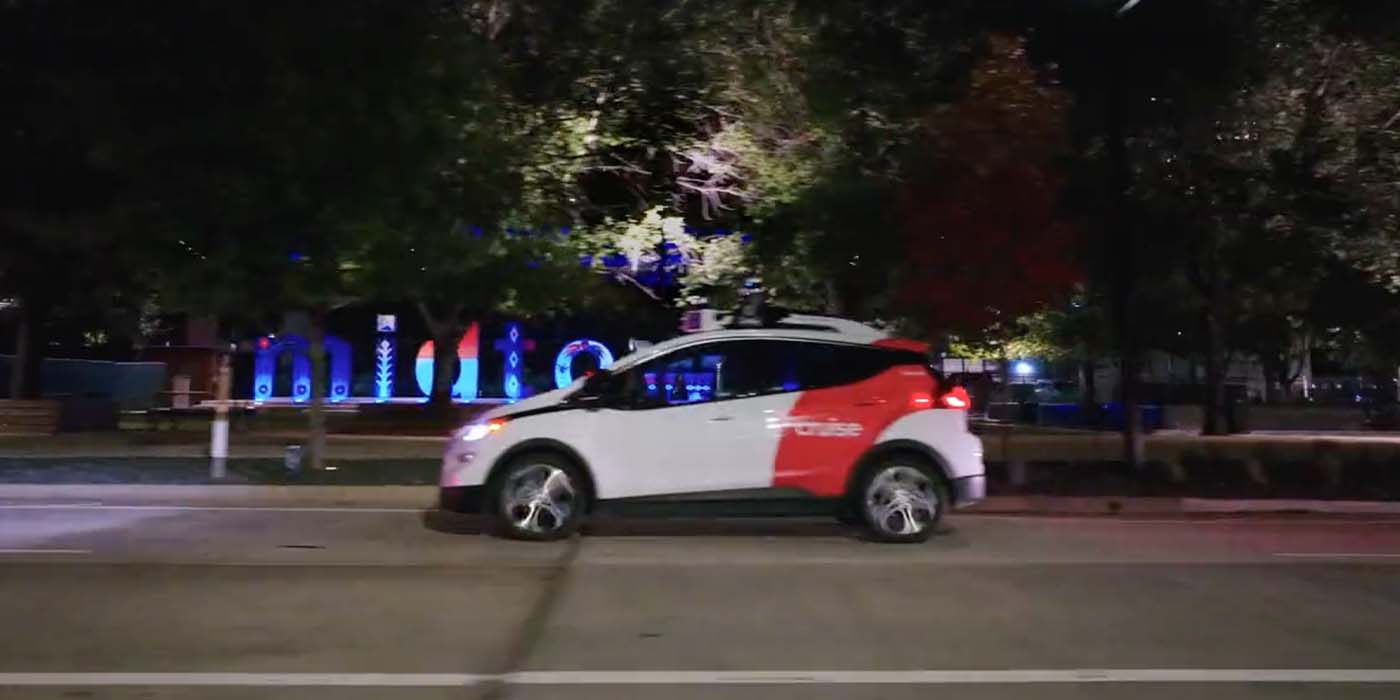
The news has been epically bad for Cruise robotaxis these past few weeks. GM’s driverless car subsidiary has announced a round of layoffs this week, with the CEO Kyle Vogt reportedly telling employees in an all-hands meeting. Plus, investigations have dredged up some incriminating news that the software’s algorithm had trouble detecting children.
This week, the company, which has 4,000 employees, started laying off contingent workers who support the driverless fleet, with more layoffs to follow, according to TechCrunch. Employees aren’t likely too surprised, considering the round of disasters the company has been facing since the incident when a Cruise robotaxi dragged a San Francisco pedestrian more than 20 feet before braking – the unlucky pedestrian was hit prior by a human-driving car and flung into the path of a Cruise vehicle.
California’s Department of Motor Vehicles pulled Cruise’s operating permit, citing that the vehicles “are not safe for the public’s operation” and “misrepresentation” of the car’s technology. A few weeks later, Cruise paused all of its operations in other cities, including Austin, Houston, Dallas, Miami, and Phoenix.
This triggered a federal probe and independent investigations into the company, which, unfortunately, dug up internal documents that detailed the vehicle’s algorithm had trouble identifying children. Apparently, company staff were aware, yet the robotaxis were still on the streets. According to internal safety documents reviewed by The Intercept, “Cruise AVs may not exercise additional care around children,” who are treated as a special category of pedestrian based on their unpredictable behaviors, and the robotaxis may “need the ability to distinguish children from adults so we can display additional caution around.”
Erik Moser, Cruise’s director of communications, responded: “Our driverless operations have always performed higher than a human benchmark, and we constantly evaluate and mitigate new risks to continuously improve… We have the lowest risk tolerance for contact with children and treat them with the highest safety priority. No vehicle — human operated or autonomous — will have zero risk of collision.” Moser added that “the risk of the potential collision with a child could occur once every 300 million miles at fleet driving, which we have since improved upon. There have been no on-road collisions with children.”
From The Intercept:
The materials note results from simulated tests in which a Cruise vehicle is in the vicinity of a small child. “Based on the simulation results, we can’t rule out that a fully autonomous vehicle might have struck the child,” reads one assessment. In another test drive, a Cruise vehicle successfully detected a toddler-sized dummy but still struck it with its side mirror at 28 miles per hour.
General Motors voluntarily recalled Cruise’s entire fleet of 950 robotaxis, and yesterday, Cruise published a blog post in response to the recent events. Interestingly, the post said that the company is looking to hire a chief safety officer and is bringing on law firm Quinn Emmanuel, which has worked with Elon Musk, to review its response to the October pedestrian incident in San Francisco.
Since purchasing Cruise in 2016 for $1 billion, General Motors has been hemorrhaging money. From January to September, GM lost $1.9 billion on Cruise expenses between January and September this year, in addition to a $732 million loss in the third quarter.
FTC: We use income earning auto affiliate links. More.


Comments